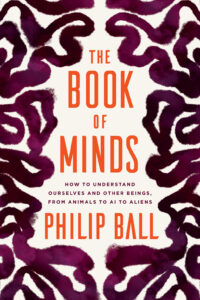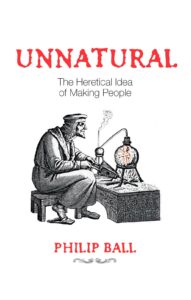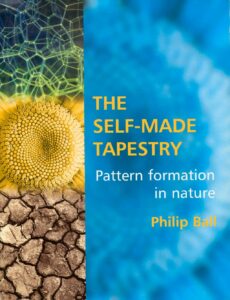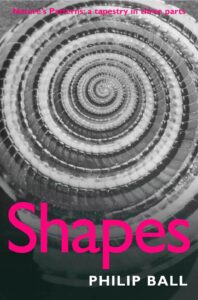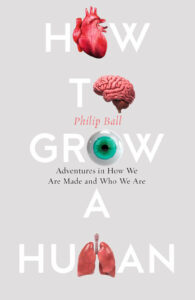How Life Works
A User’s Guide to the New Biology by Philip Ball
Biology is undergoing a quiet but profound transformation. Several aspects of the standard picture of how life works—the idea of the genome as a blueprint, of genes as instructions for building an organism, of proteins as precisely tailored molecular machines, of cells as entities with fixed identities, and more—have been exposed as incomplete, misleading, or wrong.
In How Life Works, Philip Ball explores the new biology, revealing life to be a far richer, more ingenious affair than we had guessed. Ball explains that there is no unique place to look for an answer to this question: life is a system of many levels—genes, proteins, cells, tissues, and body modules such as the immune system and the nervous system—each with its own rules and principles. How Life Works explains how these levels operate, interface, and work together (most of the time).
With this knowledge come new possibilities. Today we can redesign and reconfigure living systems, tissues, and organisms. We can reprogram cells, for instance, to carry out new tasks and grow into structures not seen in the natural world. As we discover the conditions that dictate the forms into which cells organize themselves, our ability to guide and select the outcomes becomes ever more extraordinary. Some researchers believe that ultimately we will be able to regenerate limbs and organs, and perhaps even create new life forms that evolution has never imagined.
Incorporating the latest research and insights, How Life Works is a sweeping journey into this new frontier of the life sciences, a realm that will reshape our understanding of life as we know it…

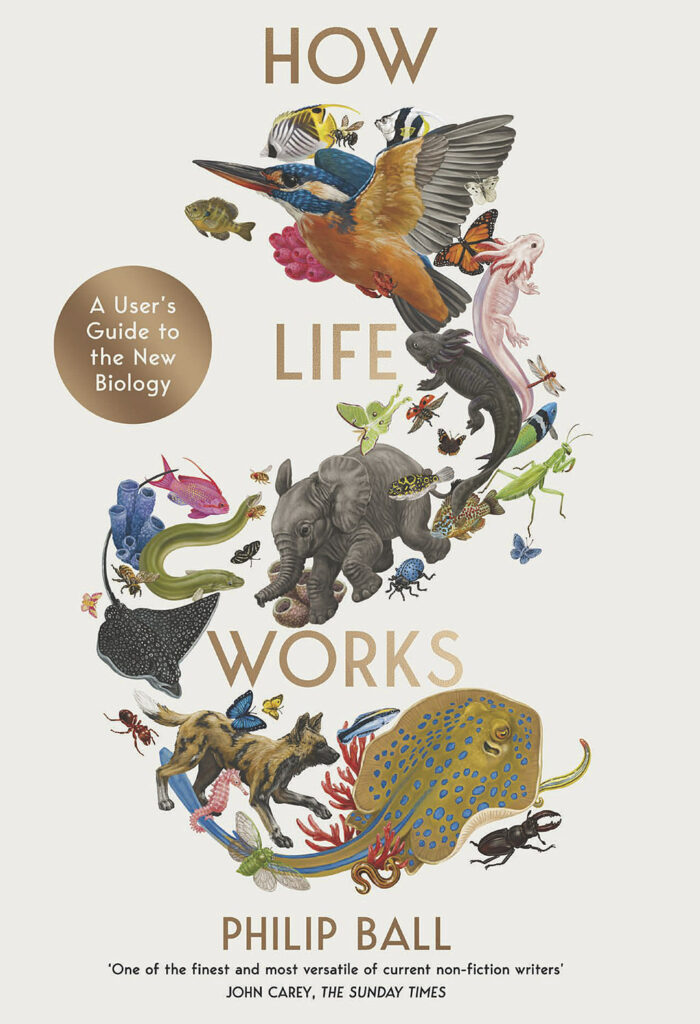

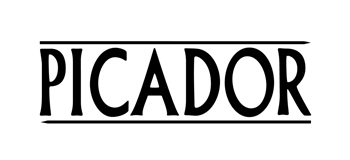




“There is so much that is amazing. When Ball tackles issues, any textbook chalkiness gets blown away… For Ball, the possession of agency — and purpose, and even meaning — is precisely how you might characterise life. Life, then, is not the servant of the selfish gene. Life happens at other levels. In the cell. In the organism. In us.”
James McConnachie, The Sunday Times
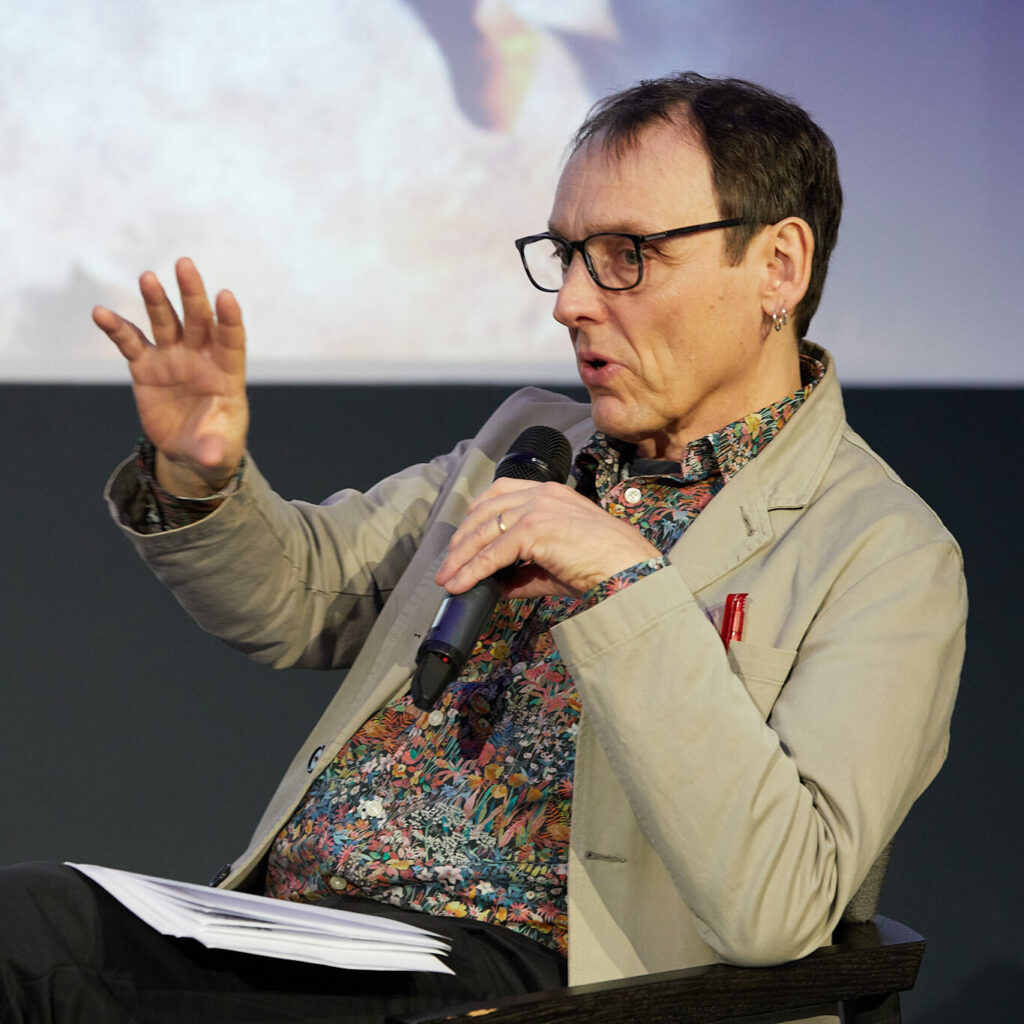
A word from the author
In the early summer of 2019 I became a temporary member of the Department of Systems Biology at Harvard Medical School, at the kind invitation of the departmental head Galit Lahav. I arrived with vague misgivings about the stories we tell about biology: about the matter of how life works. I am constantly astonished and deeply impressed at how biologists wrestle from the messy and capricious stuff of life any insights at all into what living matter is and how it sustains itself. Compared to that challenge, investigating the intricacies of quantum matter or plumbing the depths of the cosmos seems a relatively uncomplicated affair. But in comparison to the ingenuity and virtuosity that goes into such research, the narratives that seem to percolate into the public arena – about genes, cells, evolution, and us – have struck me as increasingly and perhaps even dangerously simplistic and out of kilter with what we now know.
At HMS, pretty much everyone I spoke with showed me that these problems are in some way or another even worse than I’d feared. This is not to say that the public are being routinely misled, let alone that “everything you think you knew about biology is wrong”. On the contrary, today we are spoilt for choice of books that do a splendid job of describing, accessibly and accurately, this or that aspect of the life and medical sciences. What, I think, is harder to find are accounts of exactly how it all really works: what genes do and don’t do, why cells do the things they do, and what makes life such a special and unusual state of matter.
I came away from my time at Harvard convinced first, that an attempt to find some new narratives was imperative, and second, that they do exist. It took me some time to realise that this meant I had an obligation to write this book. It was a truly daunting task, not least because there is still a lot we do not know. But my hope is simply to start a conversation, in which we look for better ways to convey how life does what it does, and why it is so remarkable.
Philip Ball
Science Writer
How Life Works
A User’s Guide to the New Biology
